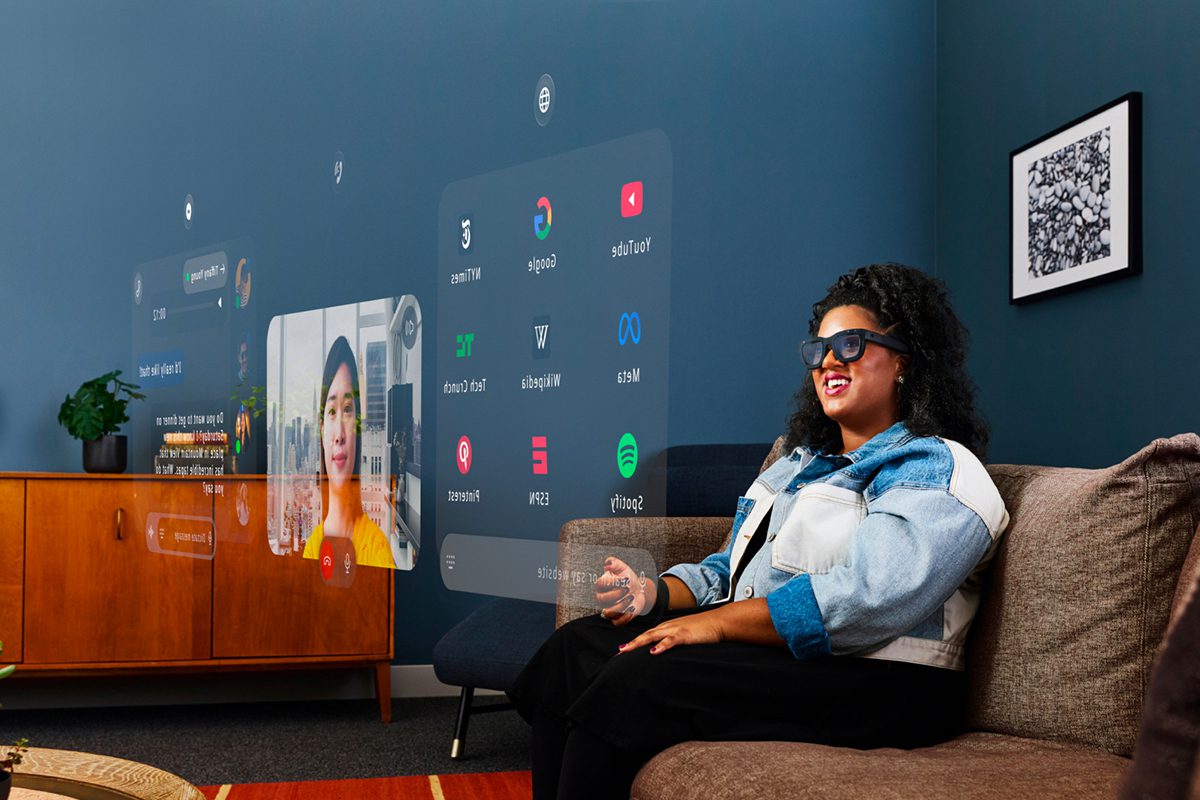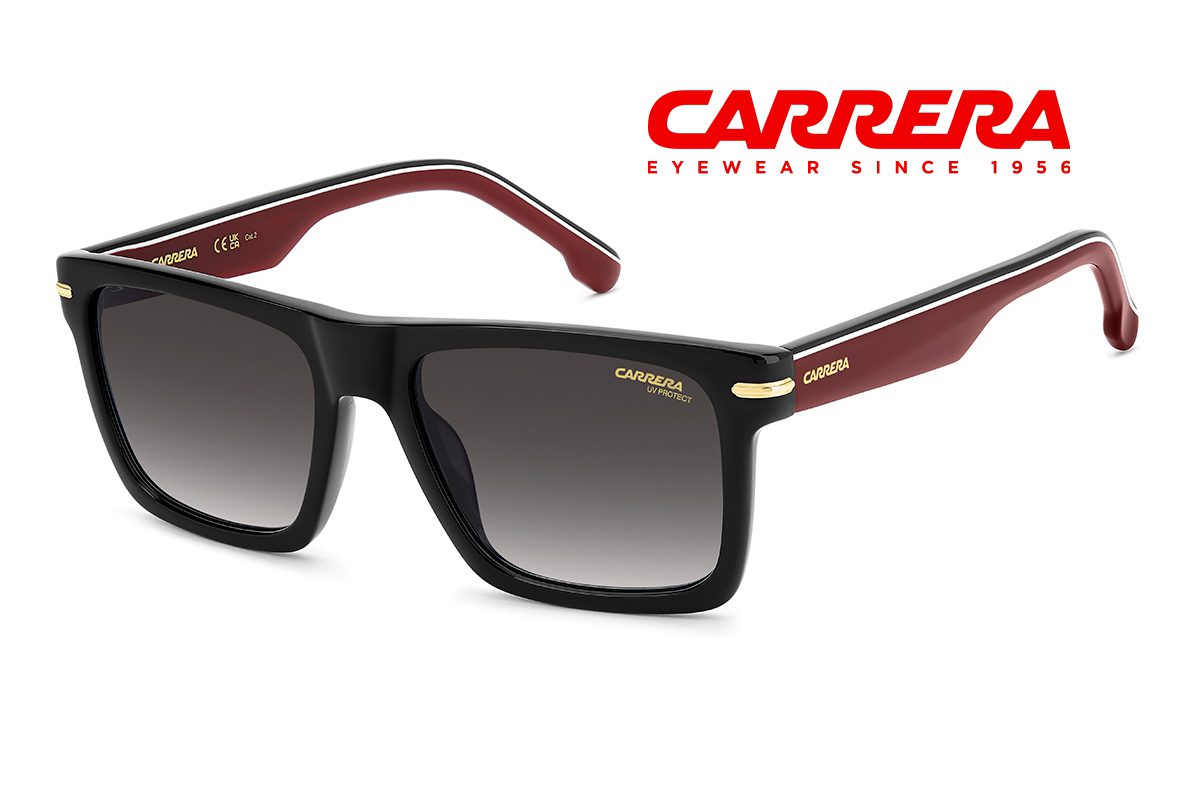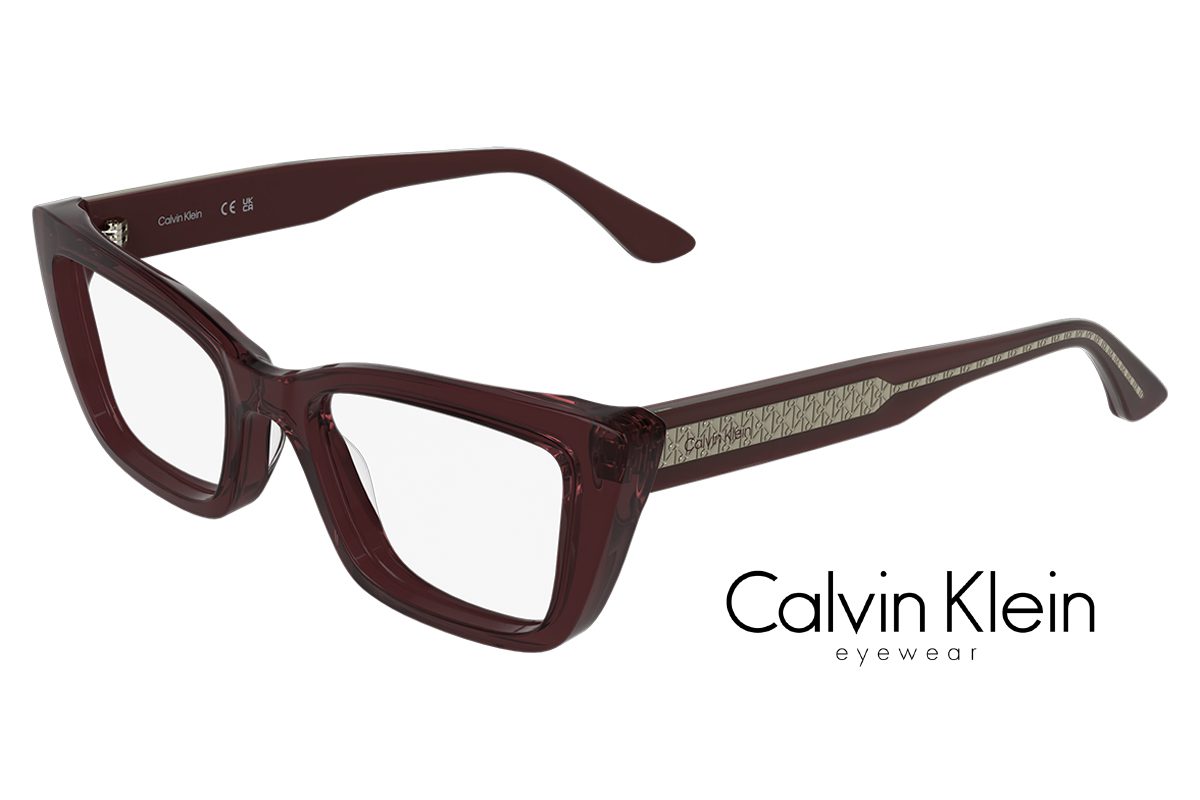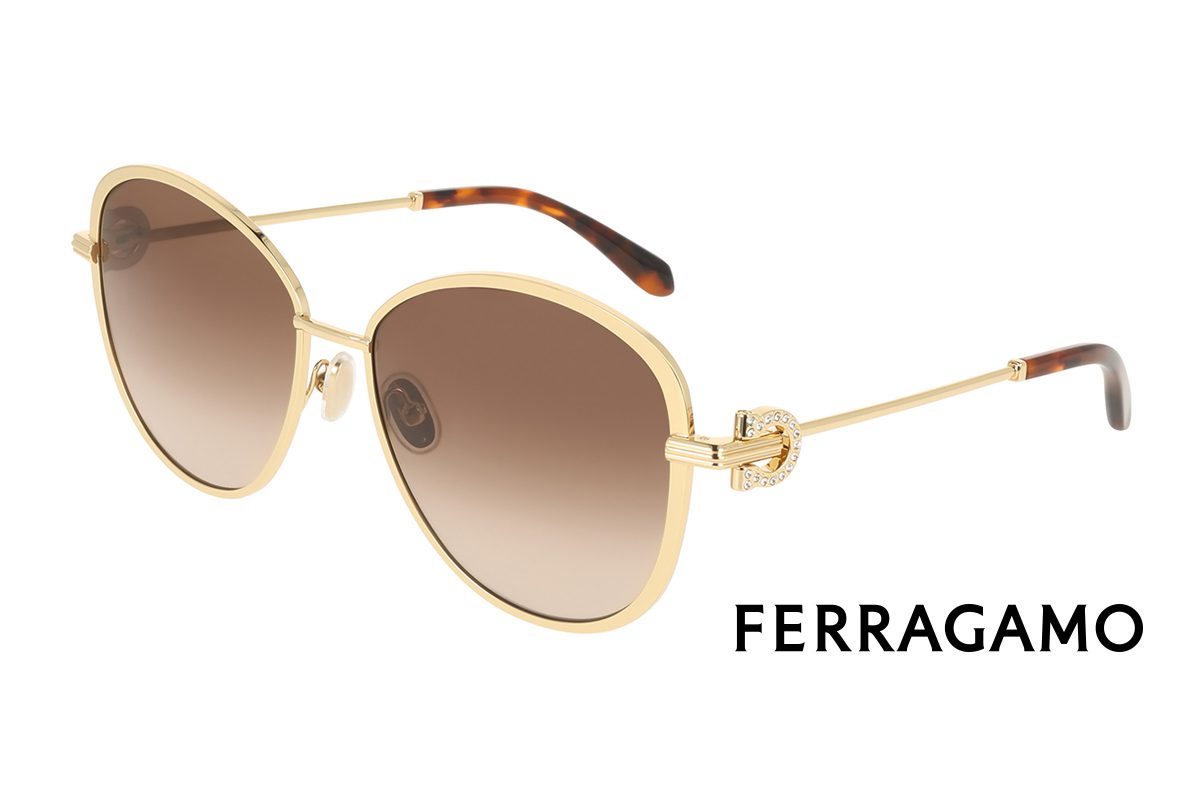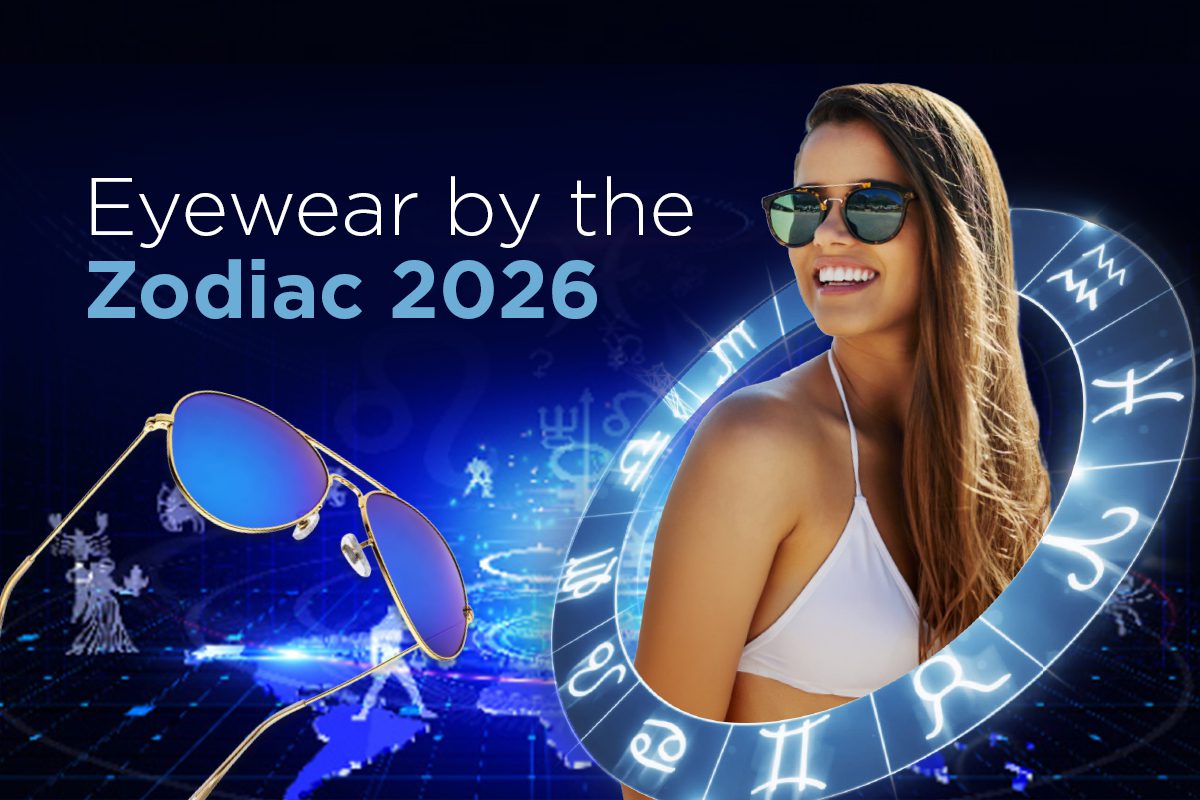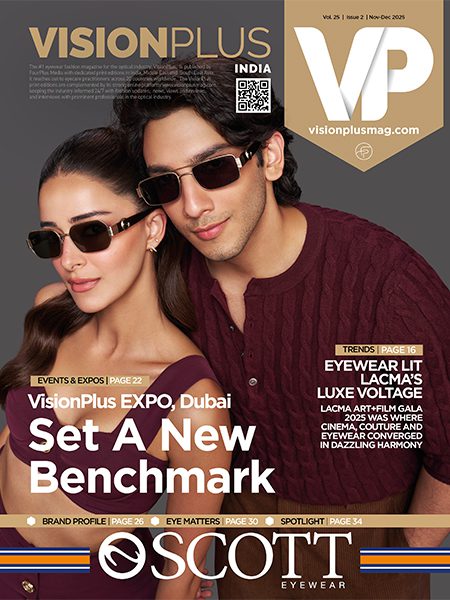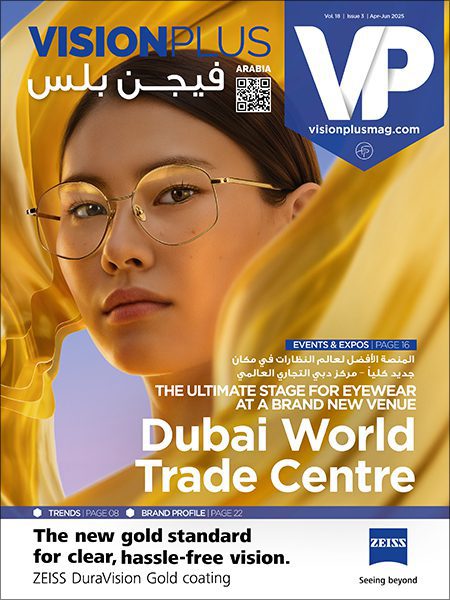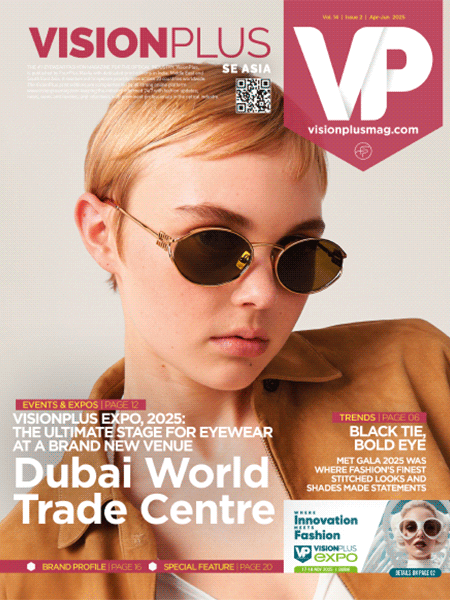In an era where technology continually reshapes our day-to-day experiences, augmented reality (AR) is advancing beyond our screens and into our lives through wearable technology.
Unveiled as a breakthrough in augmented reality, the Orion glasses are designed to merge luxury with functionality, aiming to redefine how we interact with digital content, particularly for those in creative industries. This device is not just eyewear—it’s a portal to a new reality.
Blending Reality And Augmented Experience
Augmented reality, which overlays digital information onto the physical world, is becoming an essential part of the digital landscape. Meta’s Orion AR glasses aim to replace traditional screens, offering a more immersive, interactive experience.
Meta’s CEO, Mark Zuckerberg, has called Orion “the most advanced AR glasses ever created.” With Orion, Meta seeks to deliver a hands-free experience where users can interact with digital content within their environment, accessing information and applications that previously required multiple devices.
Orion’s capabilities include a holographic display, a wide field of view and lenses made of silicon carbide. This material allows for high-quality visuals while maintaining a sleek, wearable design. By integrating holographic displays directly into the lenses, Orion surpasses the capabilities of smartphones, offering an interface that feels natural and intuitive.
A Technical Revolution
One of Orion’s standout features is its use of silicon carbide lenses. Traditional AR glasses have struggled with bulkiness, low-resolution displays and limited fields of view, but silicon carbide, with its lightweight and high refractive index, brings a new level of clarity and depth.
It’s an expensive and challenging material to work with, requiring precision engineering to display crisp holographic images directly onto the retina. Meta’s investment in these lenses signals its commitment to making Orion a combination of form and function.
With each pair of Orion glasses costing approximately $10,000 to produce, this prototype remains out of reach for everyday consumers. However, for creatives and professionals who can benefit from its advanced features, Orion offers possibilities that standard AR devices cannot. Meta’s use of silicon carbide makes Orion feel like an elegant piece of eyewear rather than a tech-heavy device, setting a high bar for future AR glasses.
Sleek And Practical For Everyday Wear
In designing Orion, Meta took inspiration from luxury eyewear, striving to create a device that looks stylish and blends into everyday settings. Unlike bulkier VR headsets that feel isolating, Orion’s slim, transparent lenses offer a more social experience, enabling wearers to maintain eye contact and recognise facial expressions. This focus on social compatibility reflects Meta’s aim to make Orion not just a device but a lifestyle accessory.
The glasses are designed for comfort, with a lightweight frame that feels natural to wear throughout the day. Unlike other AR or VR devices, Orion doesn’t compromise on style, offering a luxurious yet functional piece that could fit comfortably into a variety of settings, from professional environments to social outings.
Neural Interface Technology
To create a smooth interaction between the wearer and digital content, Meta has introduced a neural interface wristband that translates subtle hand movements into commands. This feature lets users control the AR experience without needing a separate device, enabling hands-free access to various applications.
Imagine being able to adjust your calendar while in a conversation, view a recipe next to ingredients in your kitchen or handle notifications effortlessly; all without breaking eye contact.
For artists and creatives, this interaction model is transformative. It allows for multitasking and fluid movement between real and digital environments, which is essential for tasks like visualising 3D designs in real time or experimenting with digital media in physical settings.
Orion’s Impact On The Creative Industry
The creative potential of Orion AR glasses is immense. By blending 3D digital content with real-world spaces, Orion allows designers, artists, and filmmakers to transform any environment into an interactive workspace.
Visual artists can use the glasses to create holographic art in their surroundings, while designers can build immersive models within the real world, fostering a creative process that feels unrestricted and dynamic.
Additionally, Meta’s AI-powered virtual assistant facilitates collaboration with other creatives, allowing users to make adjustments on the fly, discuss projects in real-time and even share visuals smoothly. For the creative industry, Orion represents a step toward a more immersive, experimental process that encourages innovation.
Privacy And Ethical Considerations
As AR advances, so do concerns about privacy. Meta has faced scrutiny with previous devices and Orion’s powerful sensors and AI capabilities may amplify these issues. For Orion to succeed as a consumer product, Meta must address questions around data security and user consent, ensuring transparent policies and user controls.
Orion’s design must take privacy into account, particularly if the glasses include facial recognition or other AI-driven contextual features. By implementing clear privacy settings and visual indicators when data is being recorded, Meta can work toward establishing consumer trust.
Beyond Creativity
While Orion’s potential shines brightly for creatives, its applications extend to fields like healthcare, education and professional collaboration. In medical settings, Orion could assist surgeons by overlaying patient data and imaging within their line of sight, enhancing precision and focus. In education, AR learning environments could immerse students in complex subjects, making concepts easier to grasp.
Orion could also revolutionise collaboration in construction and design, enabling architects and engineers to visualise 3D models over physical sites in real time and improving planning and decision-making.
Meta’s Orion AR glasses are not just a technological marvel—they represent the future of luxury eyewear. By merging high-end design with advanced AR capabilities, Orion opens new possibilities for both professional and personal use. Though still in its prototype stage, Orion’s impact on the creative industry and beyond is poised to be profound.
Orion is paving the way toward a more connected, enriched visual world. The future of eyewear is bright and with continued advancements, AR glasses like Orion may one day be as common as the smartphones we carry.

